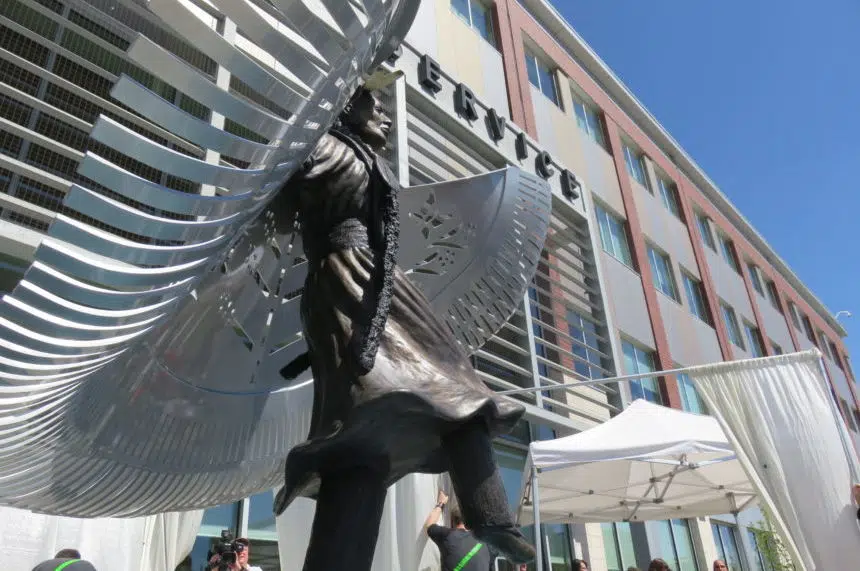Saskatchewan is setting aside hundreds of thousands of dollars for grassroots projects aiming to prevent violence and offer support to Indigenous women and girls.
According to the Government of Saskatchewan, the provincial Missing and Murdered Indigenous Women and Girls+ Community Response Fund is making more than $400,000 available for the projects.
The funding is available for local Indigenous grassroots and non-profit groups, as well as non-profit organizations and municipalities seeking to partner with Indigenous communities, and non-Indigenous non-profits working to primarily benefit an Indigenous/Métis clientele.
Each applicant can receive up to $40,000 for projects that “enhance awareness, safety and empowerment within Indigenous communities.”
Previously accepted programs include self-defence training programs, healing camps, and community events to support those who have experienced violence.
Lori Whiteman, a community advocate from Standing Buffalo First Nation and daughter of a missing person, said grassroots programs are essential for education and healing, as well as preventing violence.
“With community supports and programs in place, you can help provide a safe space for people to learn together and to grieve together. You can create spaces for people to move forward with hope, thinking about solutions to make change for the future,” Whiteman said in a statement from the provincial government.
“This program leans into prevention. Those of us who designed the fund were not focused on just raising awareness about murdered and missing indigenous women and girls but supporting those working directly with survivors. We wanted to make sure the resources were available to do the work.”
Don Morgan, Saskatchewan’s minister responsible for First Nations, Métis and northern affairs, said the fund aims to address the issues raised in the final report of the national inquiry.
“Last year, 12 community-led projects received support through this fund,” Morgan said in a statement.
“Our government continues to be committed to meaningful and lasting reconciliation for the benefit of all Saskatchewan residents and I encourage communities and organizations to apply for funding before the deadline of Oct. 4, 2023.”







